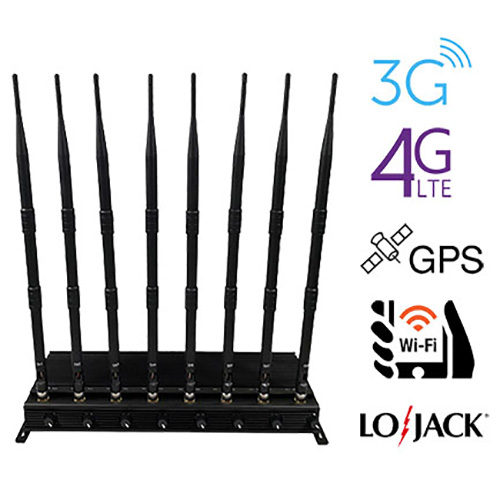France and the UK have introduced cell phone jammer in prisons. The pilot project of three Swiss prisons will also be completed by the end of July.
Repeated use of cell phones by criminals has become news. Last October, the case of Mohamed Achraf (Mohamed Achraf) occurred in Switzerland. He was a terrorist. Although he was held in a Swiss prison, he reportedly planned to take the case to the Spanish criminal court with the help of his accomplices. Perform an attack.

In prisons, the use of cell phones is clearly prohibited, but "prisoners will show great initiative when they have a cell phone". Véronique Gigon, deputy director of the Federal Office of Communication (OFCOM), did not hide the worrying facts of this situation.
Véronique Gigon said in a speech at the Ufcom conference: "In prisons, some people organize avoidance activities by telephone, some threaten the victims, others continue to take care of their business by treating, for example, drug trafficking.
Cell phone is hard to find
Véronique Gigon told swissinfo: "With the methods available today, it is almost impossible to prevent cell phones from entering prisons." The parts that make up cell phones are getting smaller and smaller and they no longer contain items that can be detected by metal detectors. So he can pass the inspection.
They are often introduced into the body, and even if there is reasonable suspicion, the body can only be searched by a doctor. Faced with this problem, the director asked Ofcom to authorize the introduction of wave jammers into the GMS network.
These devices must disrupt the prison area, but will not affect the external GSM network. If the scope is not fully defined, it may happen that a person near the prison cannot make an emergency call or contact them ”.
In order to meet the director's requirements, Ofcom granted a transitional authorization. In order to grant an authorization, Ofcom must enter into an agreement with a provider of mobile telephony services which has exclusive rights to use GSM frequencies.
